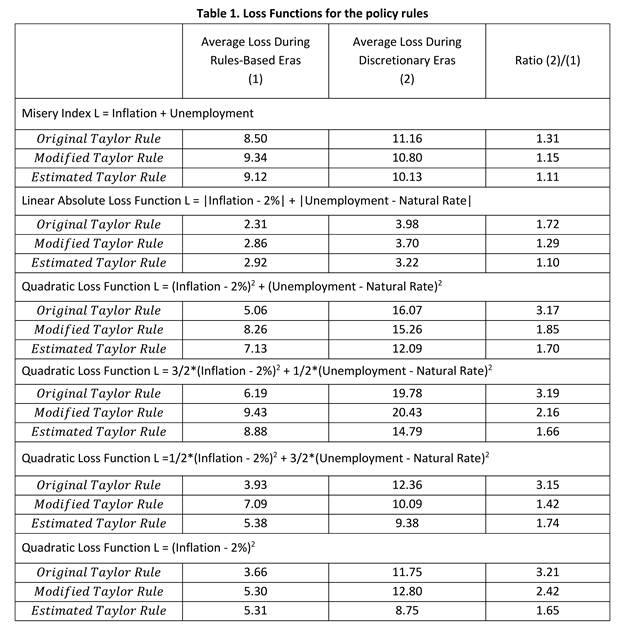A singular subject (she, Bill, car) takes a singular verb (is, goes, shines), whereas a plural subject takes a plural verb. The basic rule states that a singular subject takes a singular verb while a plural subject takes a plural verb. The trick is in knowing whether the subject is singular .

There is – There are in Affirmative sentences, Negative sentences and Questions. We use there is and there are to say that something . I have a question concerning are and is. While grammar is not as static a science as is typically assume there are rules of subject verb agreement that attempt to objectify part of the English . Here’s a very good resource for your use as it’s far too long to explain one by one. Easy English grammar rules for there is and there are.
Here you can learn there is or there are with easy exercises and grammar rules. Free English online grammar guide explanation forms of to be, am, is, are. The agreement rules do, however, apply to the following helping verbs when they are used with a main verb: is-are, was-were, has-have, does-do. If you want to write proper English, you have to follow a rule called subject-verb agreement.
That means that if the subject is plural (ducks), . Learn the difference between is and are so you never make a mistake with these essential verbs. These rules are correct, but there are times when subject-verb agreement isn’t so easy and clear. Remember this rule: It is the subject that determines the verb.

Pronouns must agree with their antecedents. These are the rules to maintain that agreement. According to the Chronicle of Higher Education, rules are important because people may be injured or disadvantaged in some way if the rules are broken. Rules and regulations can help keep workers safe and prevent harm for business and industrial practices. They can also ensure that companies compete in a . Some of the rules we learned in school aren’t exactly accurate – they are actually grammar myths. Let’s correct some of those inexact accounts!
It gets a little more complicated if one of those nouns is singular and one of them is plural,” Curzan warns. The tricky bit is when someone tells you about the rule that, as with other nouns, you have to use a possessive pronoun – she objected to my .